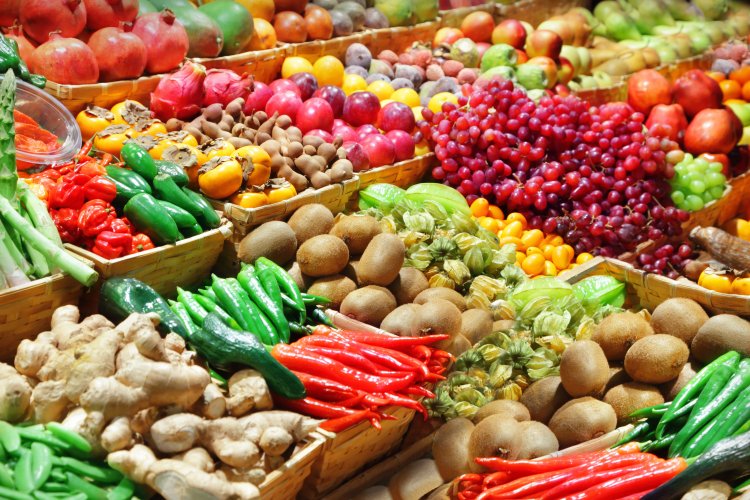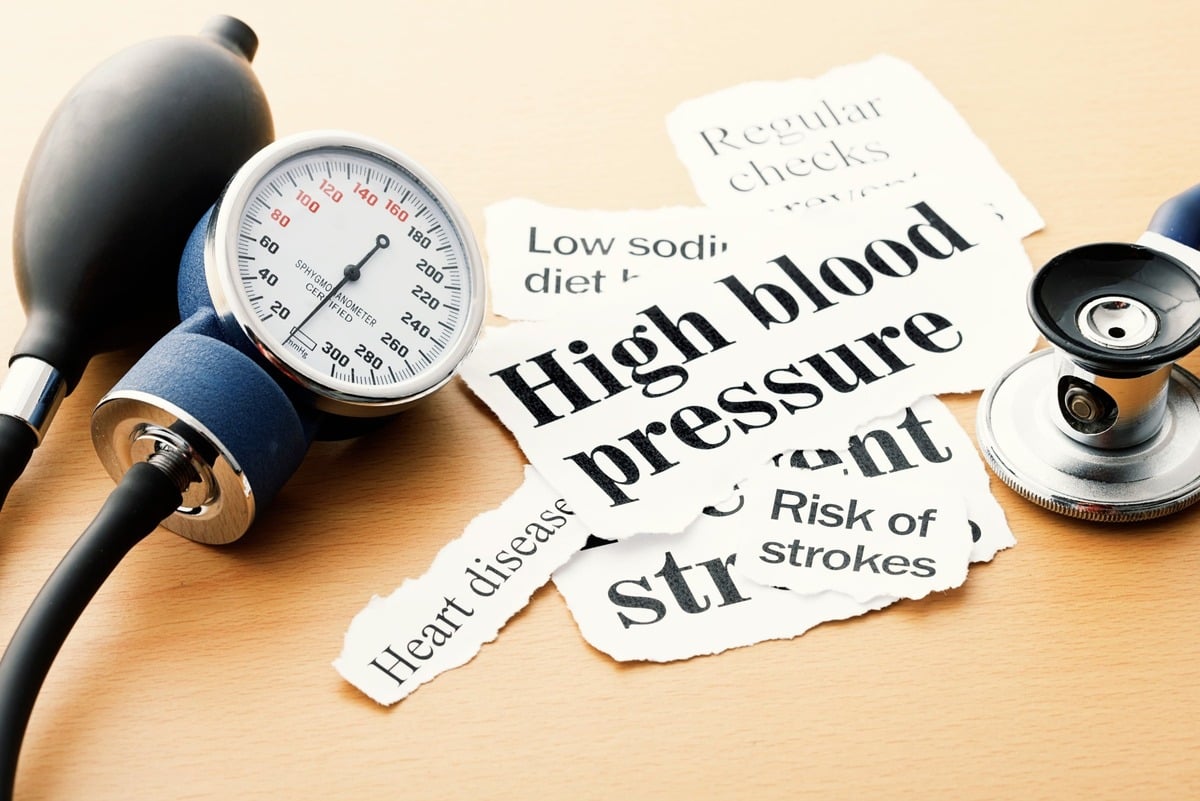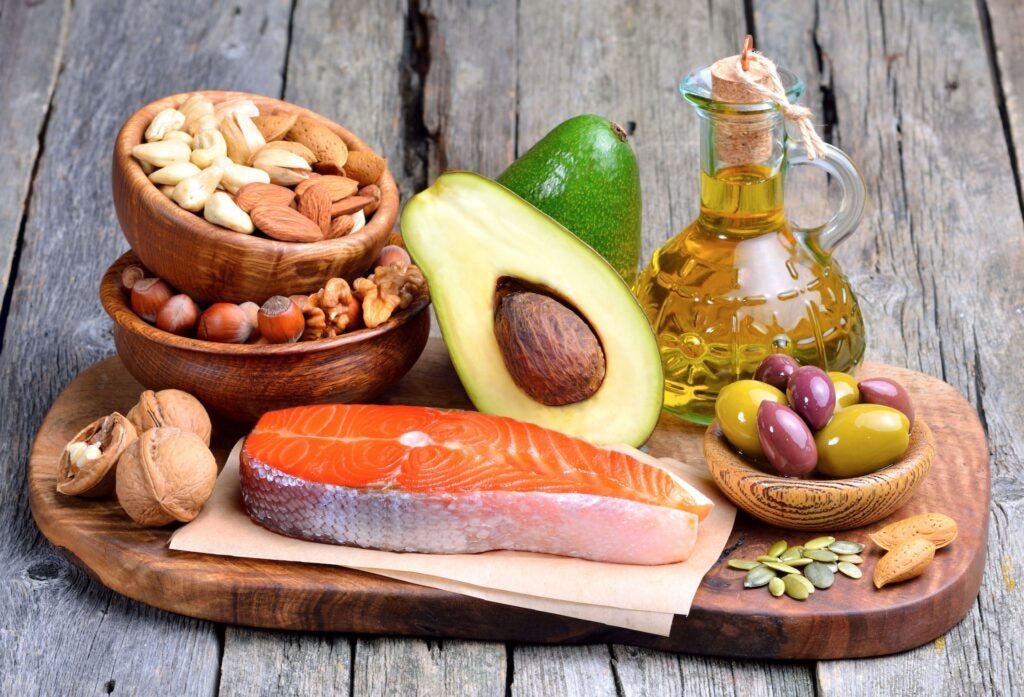Benefits of a Healthy Diet With or Without Weight Loss
When we talk about health in America, the conversation often circles back to weight. With nearly 70% of Americans classified as overweight or obese, the pressure to slim down is everywhere from flashy “miracle diets” on Instagram to the endless churn of the latest “eat this, not that” plans. But here’s a refreshing truth: you don’t actually have to lose a single pound to experience the benefits of eating better.

In fact, improving the quality of your diet even without weight loss can significantly boost your health, particularly when it comes to cardiovascular risks like high blood pressure, LDL cholesterol, and triglycerides. And the evidence is strong: three gold-standard randomized clinical trials prove it.
Why Diet Quality Matters More Than the Scale
The cultural obsession with weight often overshadows a more sustainable truth: the nutrients on your plate are powerful on their own. Researchers have found that even when participants’ weight was deliberately kept stable with no gains, no losses their health markers still improved simply by shifting what they ate.
So if the number on the scale hasn’t budged (or you’re tired of the yo-yo cycle), here’s the good news: changing your diet can still change your future.
The DASH Diet: A Blueprint for Better Health

One of the most well-researched eating plans is the DASH diet (short for Dietary Approaches to Stop Hypertension). In one major study, 460 overweight and obese adults with borderline high blood pressure followed the DASH plan for 11 weeks.
Here’s what DASH emphasizes:
Low saturated fat and cholesterol
High potassium, magnesium, calcium, and fiber
Plenty of fruits, vegetables, and whole grains
Lean proteins like fish, poultry, nuts, and seeds
Low-fat dairy
Limits on red meat, sweets, and sugary drinks
To isolate diet quality from weight loss, researchers carefully kept calories steady. The results? Participants’ blood pressure dropped significantly just from eating better foods.
Less Salt, More Power
A follow-up study layered on another factor: sodium. Participants already eating the DASH diet who reduced their sodium to 1,500 milligrams per day saw blood pressure drops comparable to taking medication. That’s how dramatically diet quality and not dieting can impact health.
The OMNI Heart Twist: Protein and Fats Matter Too

Another trial, called OMNI Heart, tested whether swapping out some carbs for healthier proteins or fats could boost results.
Replacing carbs with protein from fish, legumes, nuts, and beans
Or swapping in unsaturated fats from olive oil, avocado, and nut butters
Both approaches lowered LDL cholesterol, triglycerides, and blood pressure more than the DASH diet alone. Again, calories were tightly controlled to avoid weight changes—proving that composition, not just calories, counts.
Putting It Into Practice: A Real-World DASH
If you want to try the DASH plan yourself, here’s what it might look like:
Vegetables: 4–5 servings daily (1 cup leafy greens, ½ cup cooked)
Fruit: 3–4 servings daily (1 medium apple, 1 cup berries)
Whole grains: 4–6 servings daily (1 slice whole-grain bread, ½ cup cooked grains)
Low-fat dairy: 2 servings daily (1 cup milk or yogurt)
Nuts, seeds, legumes: 4–5 servings weekly (¼ cup nuts, 2 tbsp nut butter, ½ cup beans)
Healthy fats/oils: 3 servings daily (1 tsp oil, 2 tbsp dressing)
Lean protein: Up to 6 servings daily (1 oz fish, poultry, or lean meat, 1 egg)
Sweets: 5 or fewer servings weekly (1 tbsp sugar, ½ cup sorbet)
For an OMNI Heart-style upgrade, trim fruit and whole grains slightly and lean into extra protein or healthy fats.
The Bottom Line
Weight loss may be beneficial, but it’s not the only path to better health. Even if the scale doesn’t move, choosing nutrient-rich foods every day vegetables, whole grains, nuts, lean protein, and healthy fats can protect your heart, improve blood pressure, and lower cholesterol.
Think of it this way: you can’t always control the number on the scale, but you can control the quality of your fuel. And that choice, repeated meal after meal, might be more powerful than you think.
What's Your Reaction?




















